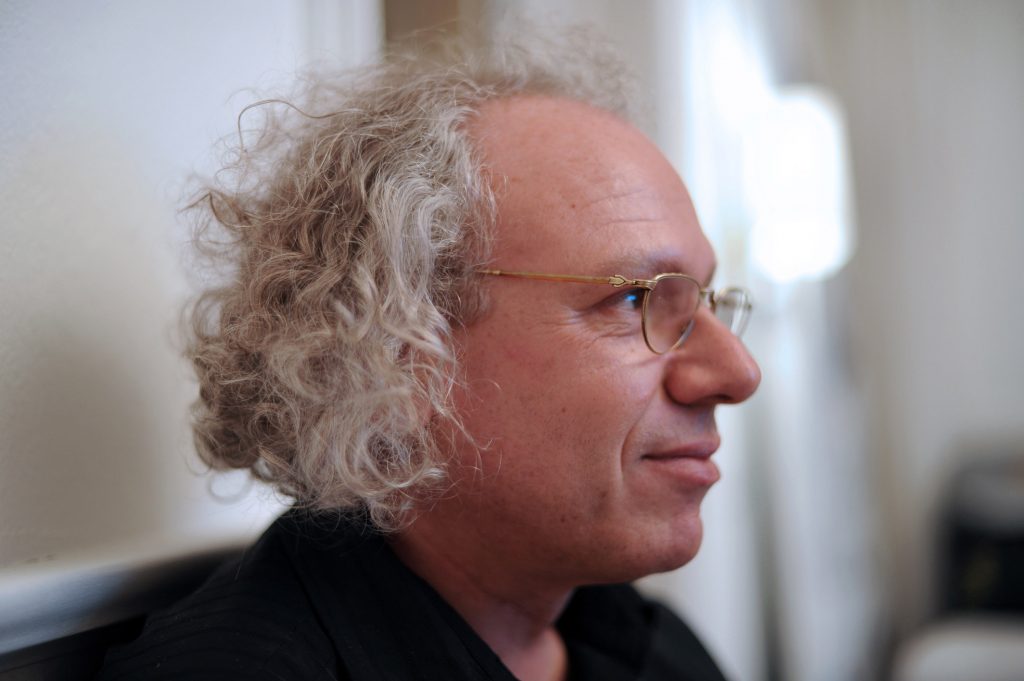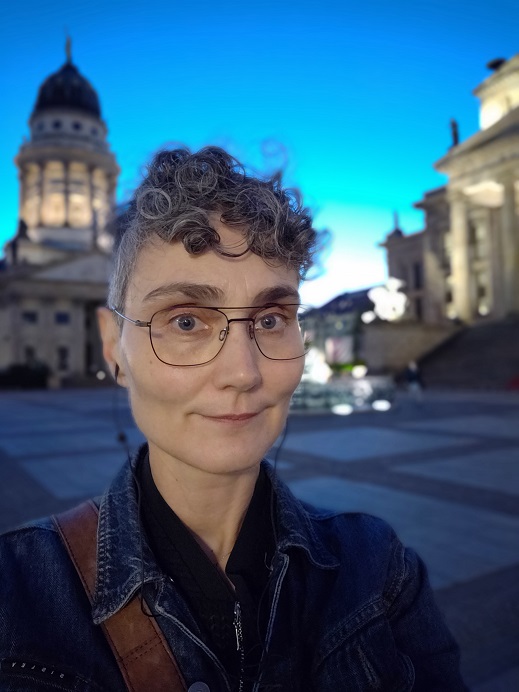Colloqium #8
January 2019


Description
The need for magic: On artificial intelligence, translation & navigation
Introduction by Alexander Mankowksy
Presentation by Auris-E Lipinski: Translation as (magical) transformation in navigation and path descriptions
Presentation Katja Stepec: Translation as a criterion for Artificial Intelligence.
A combined lecture on translation and language, spacial cognition and language and the unmutable desire of human beings, to find something ‘other’. God, Aliens….AI
Speakers

Alexander Mankowsky: Futurist Mercedes Benz AG & FU, Future Studies & Ideation as a working field requires explanation: Future Studies normally results in reports made from scenarios about possible futures. Most often these futures are slightly dystopian or alarmist. These reports then are thrown at business and government, with the request on ‘do something about it’, which is the reason for the alarmist undertone. Personally I find this procedure boring and unsatisfying, even irresponsible. To make more about it, I added the ‘& Ideation’, to show that after the insight in possible futures, the product should be a concept, developed together with creative people from many professions. Take some risk; get your hands dirty, that’s where the fun part begins. (Quelle:LinkedIn)
Auris–E. Lipinski: Auris-E. Lipinski is a studied philosophy teacher with experience in the tech industry, providing one-on-one lessons and tech-communication for companies and entrepeneurs, as well as language trainings and simultaneous translations. While studying Philosophy & English at Humboldt University, Berlin, she became a scientific assistant at VIOM GmbH. She founded PhenCoCo in the aftermath of university seminars like “Konstruktion und Phänomenologie der Wahrnehmung”, Phänomenologie und Kognition" (M. Thiering) and “Computation und Geist” (J. Bach). She has been involved in different research and development projects, guiding her academic interests towards way finding and cognitive preconditions for navigation, both computational and phenomenological. This includes working on spacial concepts found in philosophy, psychology and robotics, subsuming Gestalt theory, embodiment theories, language/ concept importance, association and intuition. Her personal interests lie in current issues in philosophy, technology and science, specifically navigation, optimisation, and telematics. The last years have added attention to so called ‘AI’ versions and their impact on society, as well as propaganda methods and discrimination topics.

Katja Stepec: Dr. Katja Stepec, I am an independent researcher, mainly in the field of philosophy of language. I studied philosophy and history at FernUniversität Hagen, Germany. In 2019 my PhD “Sprachgrenzen. Eine philosophische Erklärung der sprachlichen Übersetzung” was published. Supervisors: Prof. Dr. Keutner (Source: https://fernuniversitaet.academia.edu/KatjaStepec)